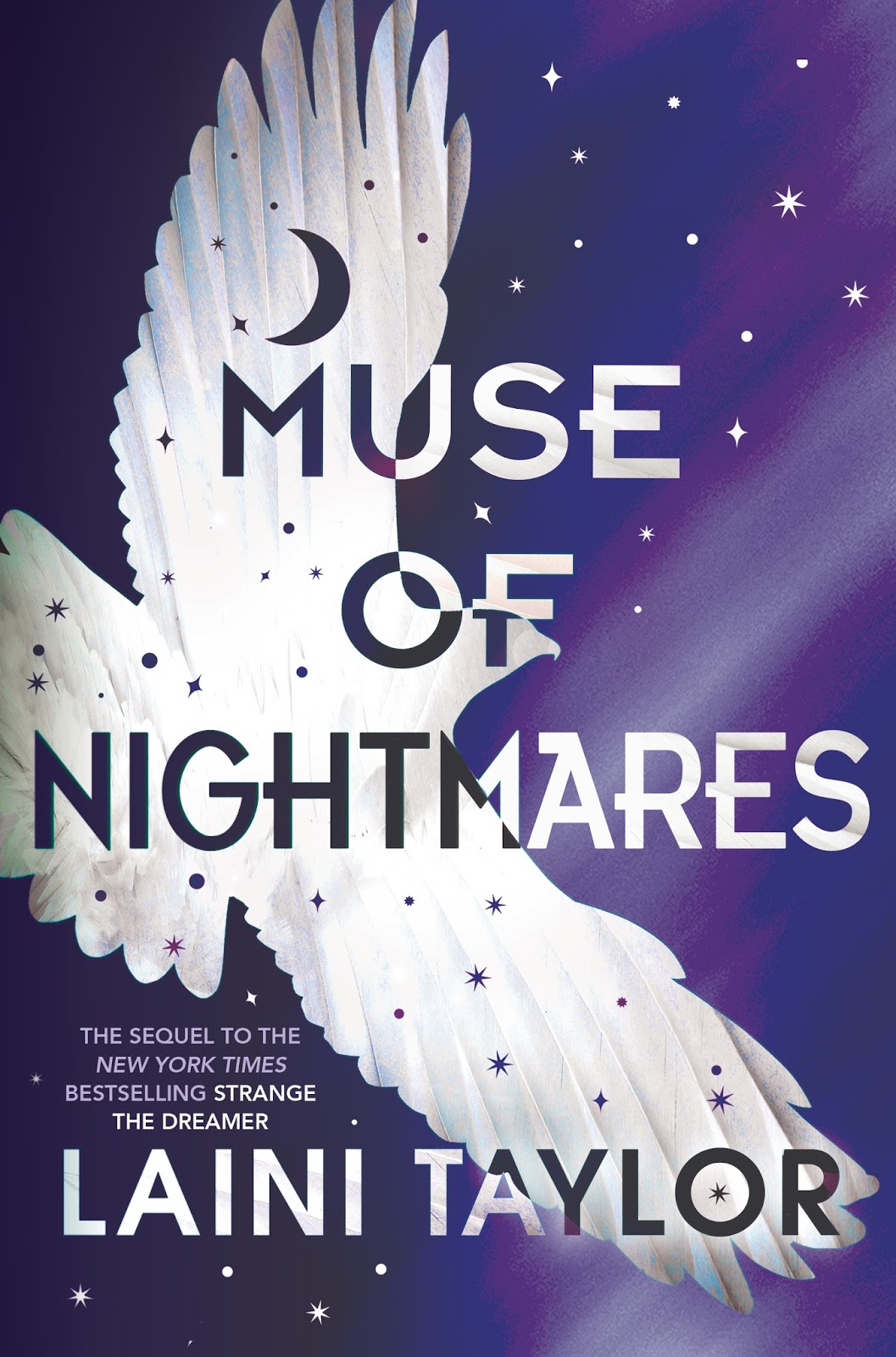This post is a continuation of our exploration of The Hero's Journey in speculative fiction.
The City of Brass is the debut novel and first in a trilogy by S.A. Chakraborty. The novel opens with Nahri, a Cairo street urchin, conning a wealthy Ottoman man complaining about his lack of power in light of French colonialism, setting up the novel’s theme of how struggles among the powerful disproportionately afflict the poor and oppressed. Nahri is a street thief and orphan who makes her way in the world by selling cures and exorcisms to the gullible wealthy. It’s not all a sham, though, Nahri truly can see what ails people, whether it’s a shadow in their brain or a heat in their lungs, but as a woman, her power to diagnose and cure is dismissed or dubbed witchcraft. Nahri dreams of earning enough money to travel to Istanbul and study medicine, but when the exorcism of an evil ifrit goes awry and she awakens a warrior djinn, Nahri enters a magical realm populated by beings of water, fire, and air. Humans are elemental too, but they’re made from earth, or as the djinn, Dara, says, “dirt.” As Nahri learns her heritage isn’t all “dirt,” she’s thrust deeper into a world of centuries-old grudges, palace intrigue, and festering resentments.
The strongest aspect of The City of Brass is the reader’s immediate immersion into a fantasy realm set within a millennia-old Middle Eastern culture that Westerners, frankly, should want to learn more about. The name itself is a reference to a story in The One Thousand and One Nights, the classic collection of Middle Eastern folk tales. In that story of the same name Suleiman has cast down the djinn and imprisoned the ifrit, women caused men to suicide over a wall, and men suffered for stealing from the dead. A group of travelers who happen upon the city find everyone in the city dead but arranged in the same positions they occupied in life: families at the table, the queen on her throne, a carefully arranged tableaux of lives squandered but clung to in their final hours; a grim inspiration, but fitting for a story rich in allegory and caution about the evils of exploiting wealth and privilege to exploit other beings.
Islamic culture pervades the atmosphere of this story, and even the djinn are subject to its precepts: women are veiled and live in a harem in “pleasure gardens” and men cannot be alone with them in their room, a thing that causes difficulties for Nahri as the plot thickens. The clash between the strictures of an imposed Muslim culture, and older Middle Eastern beliefs and tales, echoes throughout the story. Within this fully-realized culture is a world of magical beings that humanity knows nothing about, fraught with tensions between ancient and modern religions, genocidal bigotry, and political power struggles much like our own, but because the background abounds with references to a massive and ancient part of our real world, we feel oddly grounded.
The story begins like a classic heroine’s journey: the first half an epic flight to save the orphaned Only Hope (Nahri) from magical beings trying to kill her. A supernatural warrior (Dara, a daeva/djinn fire-being) offers to escort our heroine to a refuge of her own kind where she’s destined to be a ruler and healer, but Nahri at first refuses The Call. Dara, the djinn slave of humans mysteriously freed by a spell Nahri cast during her exorcism con (or was he?), and the malicious ifrit and their minions trying to kill them soon convince Nahri that the only place she can be safe is in Daevabad. Even Dara is mystified when the rules of his magical world are broken to impede them. But, much as we’d expect, all is not well in the Otherworld magical paradise, and it’s up to our heroine to overcome her weaknesses and fears in the struggle to set things right.
Once at Daevabad, everyone expects Nahri to happily give up her freedom and belief system, and we cheer as she pushes back in scenes that are often refreshing and humorous, but regret that the most important plot turns are driven by the men around her who love or hate her, or her ancestral tribe. Only briefly does she seem to control her fate, but it is a shadow of control: she conducts her own negotiations over a deal she knows she has no choice but to accept by setting less-bad conditions for it. And even that ghost of a victory is taken from her by the end.
In an interesting twist, Nahri ends the novel much more of a pawn than she ever was as an impoverished, unmarried con artist in Cairo during the twilight of the Ottoman empire. In Daevabad she’s richer, sure, but she knows she’s enslaved. Given how she has been pushed, pulled, tricked, threatened, and manipulated throughout a story in which magical rules are explained to her (then broken) we doubt her conclusion that she has the power to carry out her vow to make the king her next “mark.” Not an ending we’ve come to expect in a fantasy, but much more reflective of the reality of a woman’s weak position in deeply patriarchal societies. Nahri’s only hope of achieving some autonomy is to work for change in Books 2 and 3, which are forthcoming.
The fire-eyed djinn in American Gods, which Fiction Unbound reviewed back in May. Like Dara, the American Gods djinn insisted he does not grant wishes.
The City of Brass succeeds in teaching us through words and actions how difficult it is to overcome deeply-ingrained prejudices. Djinn tribes in Daevabad society remember Dara’s ancient war crimes with horror or admiration, depending on which tribe they belong to. Tribal infighting precludes logical alliances, peace, and forgiveness. The firey djinn have learned nothing in thousands of years despite their big come down in power rankings relative to other magical beings of water or air. Even Dara, at fourteen hundred years old, cannot escape his bigotry against the half-human shafit now overbreeding and infesting his beloved city, and only duty and the spark of attraction after weeks of traveling together allow him to overcome his repulsion toward Nahri’s human "dirt" form.
But this book is not for younger teenagers, despite the youth of the heroine. The tossing around of rape as a given is troubling. Genocide too is almost treated lightly, as if these heinous crimes are expected outcomes with each regime change, even unsuccessful attempts, a truth of reality that, for the most part, we try to prevent young adults from understanding as inevitable. Nahri is told of a daeva woman being pulled from her home and raped while the Qahtani soldiers stand by, but she’s almost a “woman in a refrigerator,” a trope inserted to show us why Nahri feels so guilty that she bargains with Daevabad’s Qahtani rulers. Meanwhile, the ruling Qahtanis, who practice a puritanical form of Islam, claim they took power for the very purpose of stopping the genocidal slaughter of half-daeva shafit, yet 1500 years later, their hypocritical king engages in the same tactic, rounding up shafit and snuffing them in a lake to teach them a lesson.
Frankly, I agree with Nahri and the daeva tribe who think the Qahtanis are hypocrites. I assume that by the end of Book 3 (because Nahri is going to require a lot of time to clean this mess up,) we’ll be rooting even harder for justice for the shafit. I assume also that we’ll see Nahri make better use of her lock-picking skills and con-artist instincts while she masters the arts of healing and political maneuvering.
The Sultan and Scheherazade from “The Arabian Nights Entertainments” by Andrew Lang. Illustration by Rene Bull.















Headley’s retelling of Beowulf through the eyes of Grendel’s mother and Hrothgar’s wife takes on epic heroes, American veterans with PTSD, gentrification, the monstrosity of racism, and Edward Scissorhands.